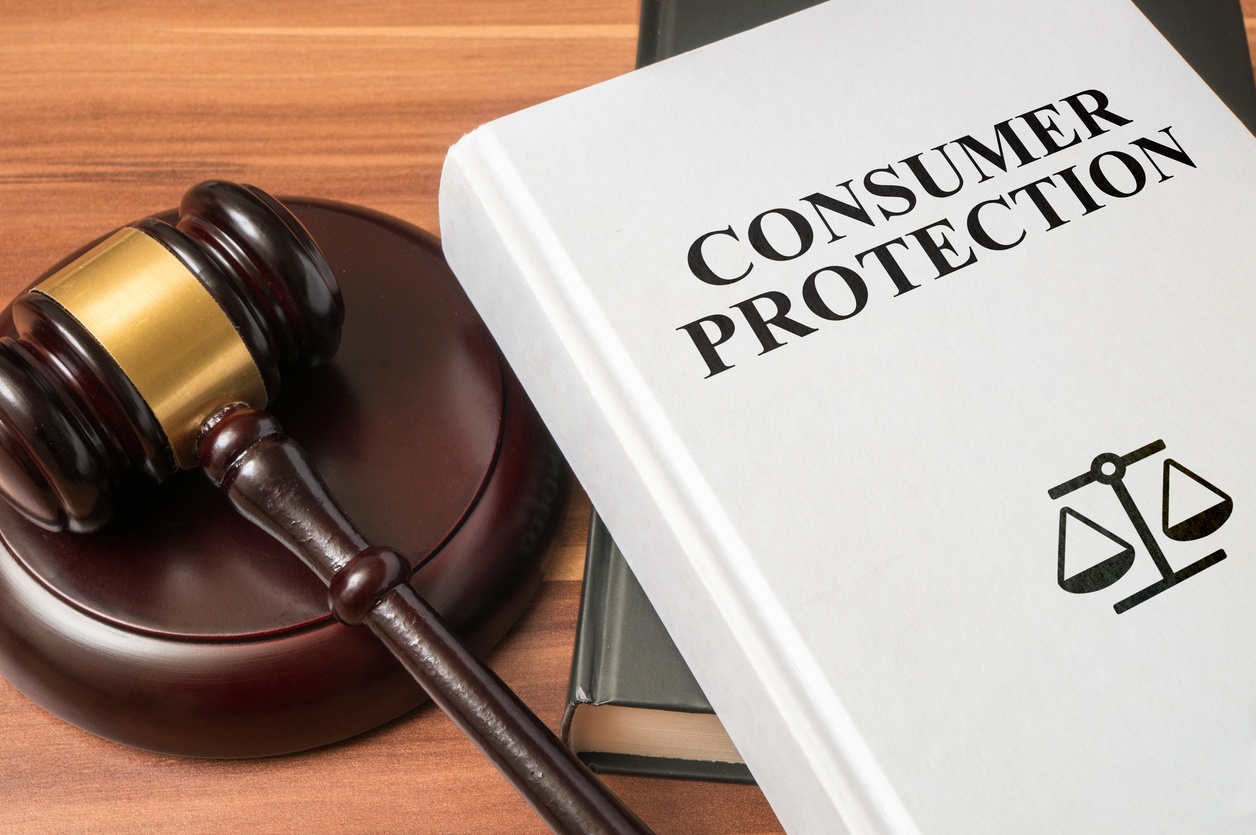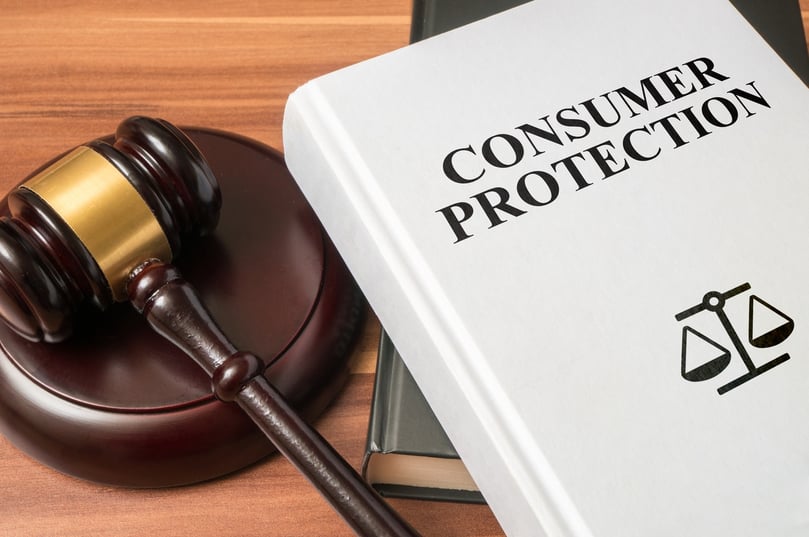
 The Dodd-Frank Wall Street Reform and Consumer Protection Act (Dodd-Frank) authorized the consumer protection bureau known familiarly as the CFPB. The CFPB was born as a result of the financial abuses that led to the Great Recession of 2007-2008. There are early signs that the consumer protection agency is on the congressional radar for some tinkering, if not outright repeal, so this seems a good time to review the history of the CFPB and what the future holds.
The Dodd-Frank Wall Street Reform and Consumer Protection Act (Dodd-Frank) authorized the consumer protection bureau known familiarly as the CFPB. The CFPB was born as a result of the financial abuses that led to the Great Recession of 2007-2008. There are early signs that the consumer protection agency is on the congressional radar for some tinkering, if not outright repeal, so this seems a good time to review the history of the CFPB and what the future holds.
What Is the CFPB and How Was it Born?
The CFPB is the acronym for the Consumer Financial Protection Bureau. The Dodd-Frank law authorized the bureau as an independent agency. However, in 2016 the federal appeals court in PHH Corp. v. Consumer Financial Protection Bureau, 15-1177, U.S. Court of Appeals, District of Columbia Circuit (Washington) determined that the law had unconstitutionally limited the President's power to remove the director, so it is now an executive-level agency.
What is the CFPB's Jurisdiction?
The CFPB has broad jurisdiction over banks, credit unions, securities firms, payday lenders, mortgage services, foreclosure relief, debt collectors, and other US financial companies. Director Cordray lists the agency's priorities as mortgages, credit cards, and student loans.
CFPB writes and enforces regulations for banks and other financial institutions, examines banks and other institutions, reports on markets, and collects and tracks consumer complaints. CFPB also works with state regulators to enforce consumer protection rules.
CFPB Accomplishments
Here are a few of the CFPB’s most prominent accomplishments:
- In 2013, CFPB set new standards for mortgages that include verifying income, verifying ability to pay back the loan, and preventing exotic loans (such as the low teaser interest rates that bloomed as one of the abuses of the financial crisis when they reset to high rates).
- In 2015, CFPB changed the disclosures borrowers receive to make it easier to compare mortgage terms. Critics, however, charge that the new mortgage rules accept more risk than many would like to see.
Perhaps the CFPB's most visible accomplishments have come in the enforcement area.
- The agency's website says that it has levied $11.7 billion in penalties and forgiven debts that it scored for 27 million consumers.
- The CFPB took on big lenders like Citibank and Bank of America for misleading consumers. CFPB forced Citibank to pay back customers $700 million in misleading add-ons and $720 million from Bank of America.
- In September of 2016, CFPB levied fines against Wells Fargo to the amount of $100 million for the unauthorized (and illegal) opening of credit accounts, as a result of bank incentives to its employees.
Battles Still Waiting
CFPB scored high-profile victories in the mortgage arena, but there are battles on the to-do list that have not yet been waged.
- There have been no changes yet in the abusive practices by payday lenders.
- CFPB has also targeted arbitration clauses that make it hard for consumers to join class action suits.
- Another area in which the agency wants to take action is limiting bank late fees, which reportedly took $32 billion from consumers in 2015.
A Glimpse Into the Future of the CFPB
Ever since its inception, there have been members of Congress who have wanted to kill the CFPB. Observers split on the outlook for the future of the agency:
- The worst case scenario: CFPB faces a 50-50 chance of surviving (or of being destroyed).
- The best case scenario: The agency faces a revamp.
The good news is that the CFPB probably isn't high on the list of changes the new administration wants to work on immediately. So it may take a while before Congress sets its sights on the CFPB, and when it does, it will most likely target the structure of the organization.
Still, consumers are at risk of losing some protections. Issues that Congress could meddle with include ending financial institutions reporting quarterly to CFPB, easing payday lender restrictions, easing truth-in-lending disclosure, or less oversight on pre-paid debit cards.
One thing Congress will have to consider is that the agency has a track record of helping and protecting consumers, which will make it hard politically to dismantle altogether. The high-profile Wells Fargo case was good press for the CFPB and played well with consumers.
To learn more about the Wells Fargo case, read the article entitled "Consumer Financial Protection Bureau Fines Wells Fargo $100 Million for Widespread Illegal Practice of Secretly Opening Unauthorized Accounts".
To talk more about the CFPB or how your mortgage business can more easily maintain compliance with CFPB regulations, please contact us. MortgageWorkSpace® and our suite of cloud hosted services can help protect and grow your business.

Mastering Regulatory Examination Preparation for Mortgage Businesses
When faced with a regulatory examination, many mortgage businesses simply freeze up and ignore what’s coming, often because they’re not sure what to...

What Technology Is Changing In Banking For 2018
In the future, financial information and programming will be increasingly available on-the-go. The old days of purely brick-and-mortar banks are over.




